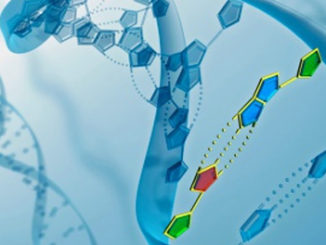New Technique Available to Measure m6A Levels for RNA Methylation Studies
Researchers at Epigentek recently developed a new and breakthrough approach to identify the “fifth base” of RNA, N6-methyladenosine (m6A) to efficiently study RNA methylation in a practical and cost-effective manner. The technology is based on a high throughput and strip-well microplate format and is made commercially available as the EpiQuik m6A RNA Methylation Quantification Kit, the first of its kind. It was commonly believed that messenger RNA (mRNA) contains four nucleobases — guanine, adenine, uracil, and cytosine. However in 2012, [more…]








